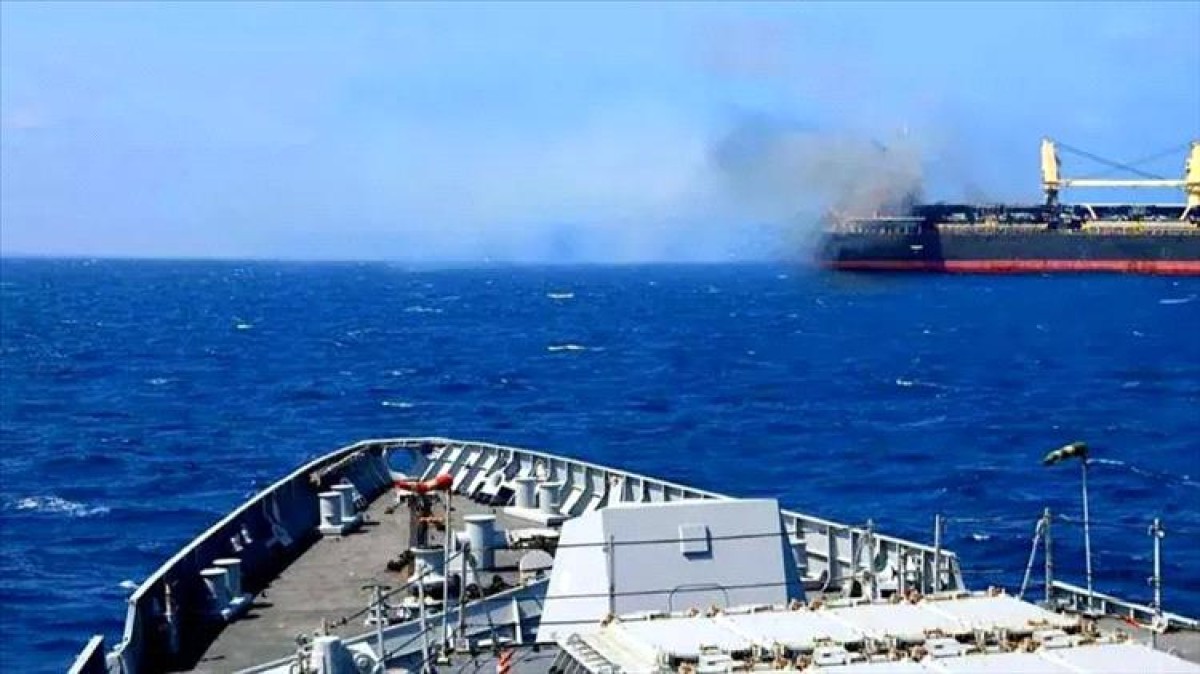American magazine: The Houthis are still a growing problem for regional security and Washington's opponents


While the ceasefire in Gaza led to the suspension of the Houthi rebel attack on commercial ships in the Red Sea, they are still a growing problem for regional security.
While the international community began to breathe a sigh of relief collectively due to the suspension of the Houthis, which lasted thirteen months on marine traffic in the Red Sea, the local domestic operations of the group are increasing.
A short time after the Israel and Hamas agreement on the ceasefire, the Houthis indicated that their attacks on commercial ships were ended, first via an email to international shipping companies, and later in a public statement to the leader of the movement, Abdul -Malik al -Houthi.
However, however, the group explained that it reserves the right to target Israel's ships, and warned that it might resume its attacks if necessary.
This announcement is important; Because the Houthi maritime operations in the region constituted a major blow to international shipping, forcing the shipping companies to differentiate between three expensive options; They are: either turning around the Horn of Africa to avoid the Bab al -Mandab strait completely, paying customs duties to the Houthis, or transporting their goods to smaller boats to alleviate the risk of attacks.
Although it is still not certain whether the Houthi rebels will resume throwing drones and rockets on ships, their focus clearly turned into local operations against the Yemeni government, and the parties participating in them.
In the days after the ceasefire declaration, and with the re -administration of the new Donald Trump's classification of the group as a foreign terrorist organization, the Houthis took many disturbing steps to enhance their control over Yemeni soil.
Last May, the Houthis detained 13 United Nations employees and other local and international NGOs, forcing the United Nations to suspend the movement in the Houthi-controlled lands, and keeping the organization isolated from 70-80 percent of Yemenis, who They live under the rule of the Houthis.
At the same time, reports indicate that the Houthis moved thousands of fighters to the front war lines in Marib Governorate.This area was previously the focus of the main operations of the Houthi group. They began carrying out some strikes in preparation for a greater military attack to occupy the area.
Besides these military developments, the Houthi loyalists launched a campaign of messages targeting local tribes in the province, and pressed them to waive the control of strategic energy facilities, government buildings, and military bases in the region.
According to what was reported, many Houthi leaders were proud of the arrival of a recent attack to seize the entire Yemen.
One of the officials went to the point of warning publicly that the American origins in the Middle East are within reach of the Houthi missiles if President Trump continues to "his hostility" to the Yemeni people.
Despite their destabilizing actions, and their common violations of human rights in Yemen, the Houthis rarely receive great international attention except when their activities threaten the global economy.
Although their recent moves should be seen against the internationally recognized government and the Presidential Command Council, as a strategic effort to gain influence before future peace negotiations. The Houthis continued to enter into direct negotiations with the Presidential Command Council, but they have disclosed their intention to monopolize the authority of government.